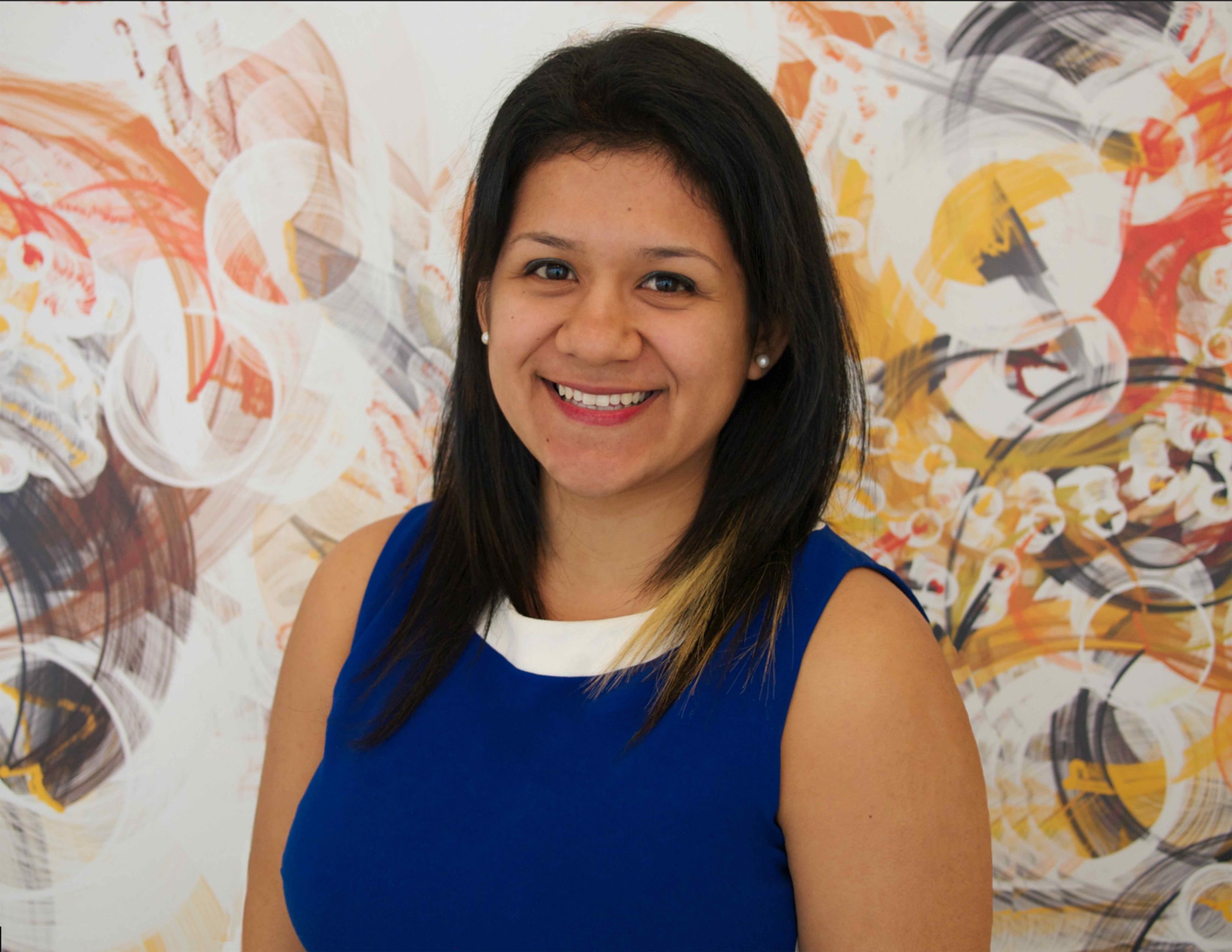Ester Bentley receives NDSEG Fellowship to help the world navigate without GPS
PhD student Ester Bentley designs smaller, better 3D mechanical resonators for use in high-performance gyroscopes to help unmanned systems navigate when GPS signal is jammed or lost.

 Enlarge
Enlarge
PhD student Ester Bentley has received a National Defense Science and Engineering Graduate Fellowship to continue her work developing high performance 3D mechanical resonators, which enable smaller, more precise, and cost-efficient navigation-grade gyroscopes.
GPS navigation is commonly used in many applications such as space exploration, guided munitions, autonomous vehicles, and robotics, but it relies on external signals, which can easily be jammed or lost. Gyroscopes, which sense the rotation rate and angle of a moving object, are far more reliable.
Currently, inside their backup navigation systems, autonomous vehicles use high-performance gyroscopes that are large and very expensive. To reduce the size, cost, and power requirements of gyroscopes, Bentley focuses on Micro-Electromechanical System (MEMS)-based vibratory gyroscopes. She specializes in the design and construction of symmetrical 3D shell mechanical resonators.
Bentley’s advisor is Khalil Najafi, the Schlumberger Professor of Engineering. Their team recently developed a gyroscope 10,000 times more accurate and 1,000 times less expensive than much larger gyroscopes with similar performance.
“We’ve made great strides in miniaturizing high-accuracy and high-precision systems, but there is still quite a bit of work to do to reduce the size of gyroscopes so they can be used in portable applications such as smartphones and drones,” Bentley says.
The original research was supported by the Defense Advanced Research Projects Agency (DARPA), and the process for making the gyroscope was developed in the Lurie Nanofabrication Facility.
Bentley received her B.S. in Materials Science and Engineering from MIT. Prior to enrolling at U-M, she spent five years in industry carrying out Military Product Development across various markets and worked for the MIT Office of Engineering Outreach Programs where she focused on expanding underserved and underrepresented student recruitment strategies for the Office’s three National Outreach Programs. Bentley is a College of Engineering Bridge-to-the-Doctorate Fellowship recipient and a Rackham Merit Fellow.
 MENU
MENU